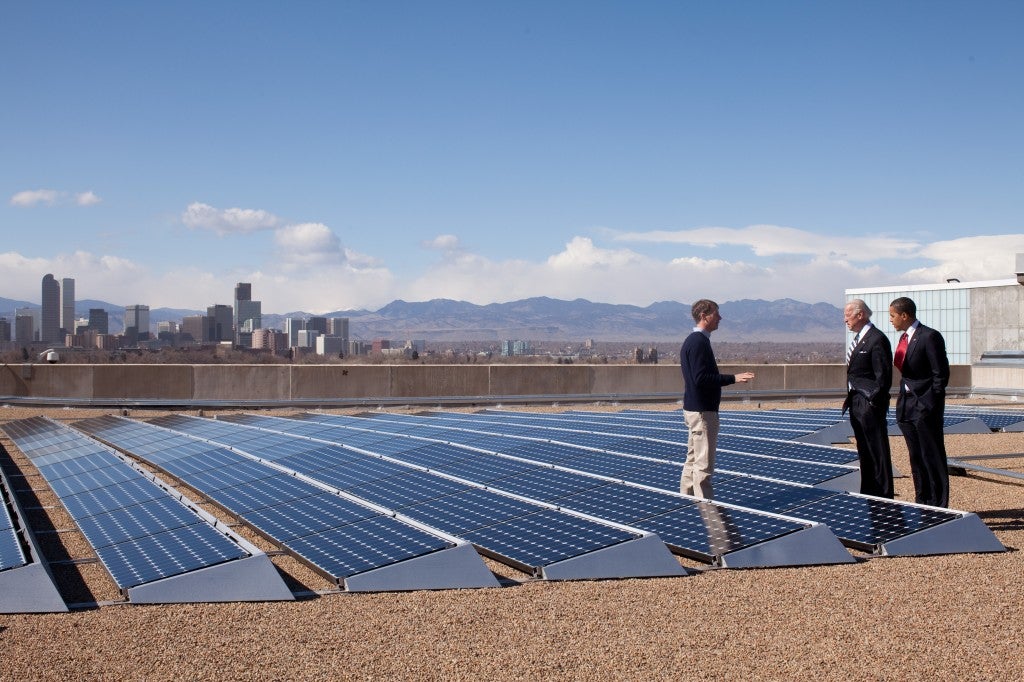White House Meeting on Climate Change Resilience Shows National Commitment

Today, the White House is hosting an event highlighting its commitment to boosting resilience among communities most vulnerable to the effects of climate change. EDF commends the White House for taking steps to make climate change preparedness and resilience a national priority, especially since this has mostly been a regional issue dealt with in areas affected by severe weather events, such as New York, New Jersey, and Connecticut.
At the event, federal agencies, businesses, researchers, and academia, among others will discuss plans to use data-driven technologies and leverage freely available government data to develop products and services that will help the country better prepare for the effects of climate change. The event will showcase insights gathered from scientific data as well as cutting-edge technologies built by American innovators that are essential to better understanding and managing the risks posed by climate change.
Among those in attendance will be White House counselor John Podesta, who is advising the Obama administration on taking a more aggressive posture on environmental policies; Dr. Ellen Stofan, NASA Chief Scientist; and Rebecca Moore, founder of Google Earth Engine.
Hurricane Sandy underscores vulnerable energy infrastructure
Hurricane Sandy’s devastation of the country’s northeastern coast in late 2012 drove home the point that federal and state governments can no longer just mitigate climate change by reducing carbon pollution; they must actively engage in preparing for severe weather events that are becoming increasingly frequent as a result of climate change.
Sandy, which destroyed homes and businesses and knocked out electricity to millions for weeks, shined a much-needed spotlight on the vulnerability of our century-old energy infrastructure, placing the issue front and center for the region’s state and local leaders, electric utility companies, and regulators.
A diverse coalition of climate leaders is essential
Quick to respond to the damage caused by Sandy, the federal government pledged over $60 billion in federal funds to support recovery efforts. EDF is pleased that the Obama administration is reinforcing its commitment to mitigating the effects of climate change on a national level by convening today’s meeting. A diverse coalition of top private-sector technology companies, scientists, and other climate experts is essential if we are to harness the latest climate science and technologies to boost resilience in an era of increasingly frequent extreme weather events. This cross-section of dynamic leaders will help drive us toward the most creative, innovative energy solutions.
EDF’s California team is also launching their own climate data-driven resilience project today in support of the White House event: the newest version of the “Los Angeles Solar and Efficiency Report (LASER),” first released in November of last year. This innovative climate mapping tool is designed to help local leaders identify opportunities to invest in clean energy jobs and strengthen climate resiliency in vulnerable communities.
Ensuring the adoption of technologies and policies that move the U.S. power grid into the 21st century, making it more resilient, flexible, and smarter, can simultaneously accomplish today’s goals while preparing for future challenges.










